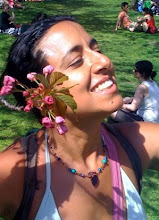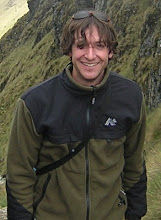
In the mid 1970s, two Australians, Dr. Bill Mollison and David Holmgren, started to develop ideas that they hoped could be used to create stable agricultural systems. This was a result of their perception of a rapidly growing use of destructive industrial-agricultural methods. They saw that these methods were poisoning the land and water, reducing biodiversity, and removing billions of tons of soil from previously fertile landscapes. A design approach called "permaculture" was their response and was first made public with the publication of Permaculture One in 1978.
The term permaculture initially meant "permanent agriculture" but this was quickly expanded to also stand for "permanent culture" as it was seen that social aspects were an integral part of a truly sustainable system. Mollison and Holmgren are widely considered to be the co-originators of the modern permaculture concept.
Permaculture. A copyright word, owned as a common copyright by the Permaculture Institutes & their graduates. Derived from ‘Permanent’ and ‘Culture’, as follows:
Permanent: From the Latin permanens, to remain to the end, to persist throughout (per = through, manere = to continue)
Culture: From the Latin cultura - cultivation of land, or the intellect. Now generalized to mean all those habits, beliefs, or activities than sustain human societies.
Thus, Permaculture is the study of the design of those sustainable or enduring systems that support human society, both agricultural & intellectual, traditional & scientific, architectural, financial & legal. It is the study of integrated systems, for the purpose of better design & application of such systems. Permaculture is a philosophy of working with, rather than against nature; of protracted & thoughtful observation rather than protracted & thoughtless action; of looking at systems in all their functions rather than asking only one yield of them & of allowing systems to demonstrate their own evolutions.















what in the heck have you gotten into now? My little flower child, Love, TK
ReplyDelete